Being labeled a hipster is yet another annoying stereotype
Hipster comes with a negative connotation that mocks people’s interests and beliefs
More stories from Alyssa Anderson
Photo by Alyssa Anderson
Melanie Begley, alleged hipster, conquers the hipster stereotype by proudly wearing an outfit many people would think she was only wearing to look cool.
Throughout high school, I was regularly labeled as the “hipster girl.” At first, I thought it meant I was cool and unique with an eclectic music taste, and I even proudly identified myself as a hipster.
Sadly, that was short-lived.
Soon enough, the positivity of the word fizzled into something negative. Instead of a classification I thought made me cool, the title forced me to question my actions, fashion choices and belief system. The label eventually morphed itself into another mean-spirited stereotype.
The Merriam-Webster dictionary defines a hipster as, “a person who is unusually aware of and interested in new and unconventional patterns.” While there is nothing negative about this definition, society has turned the word into an insult.
At some point, you’ve probably been told you only do something to look cool. This happens to me pretty often. Several weeks ago, I heard a friend of mine making fun of someone she knew because they liked finding obscure music. As an insult, my friend said, “Ugh, she only listens to that because she wants to look cool.”
I began wondering why it’s so bad to want to look cool, and even more so, what’s so wrong with being a hipster?
After a good amount of pondering, I eventually came to a conclusion: nothing is wrong with being a hipster or trying to look cool.
Society mocks anyone who ventures outside social norms, has a wacky style or has a quirky hobby. That is what is wrong.
The problem with the word hipster is it delegitimizes people’s interests. If someone is into old movies, they are written off as a hipster who is simply trying to appear quirky.
People’s hobbies and passions are being ridiculed. The rise of hipster has caused society to believe anyone out of the ordinary is trying too hard, looking for attention or are attempting to create an endearingly off-kilter image of their true selves.
The hipster stereotype is not nearly as harmful as other stereotypes. Now, being called a hipster has never made me cry or anything, nor does it really hurt my feelings. However, I find it annoying when someone tells me I’m a hipster because I enjoy classic literature or buying clothes from Goodwill.
More often than not, I question my actions and wonder if the clothes I wear or the music I listen to will make me appear like I’m trying too hard. What is ironic is I am trying too hard just to make it look like I’m not trying too hard. It really doesn’t make sense.
Alex Kim, contributing author for The UP Lab, an opinion-based online publication, discusses the problem with the use of the word.
Kim explains being labeled a hipster makes people believe that, “They can be different, but not too different. They can be interested in art, but only because they want to stand out, not because they actually enjoy the arts.”
What Kim means by this is people who are interested in non-mainstream hobbies are made to feel embarrassed and are ridiculed about their interests.
The hipster stereotype makes genuine originality nearly impossible when, in reality, most people don’t fake an interest to look cool. Truth be told, it is obnoxious to be talking about a genuine passion of yours, only to be told you only enjoy it because you’re trying to be edgy.
So, the next time you come across someone who looks particularly hip, please, hold back your comments on how hipster they are and let them live their life.



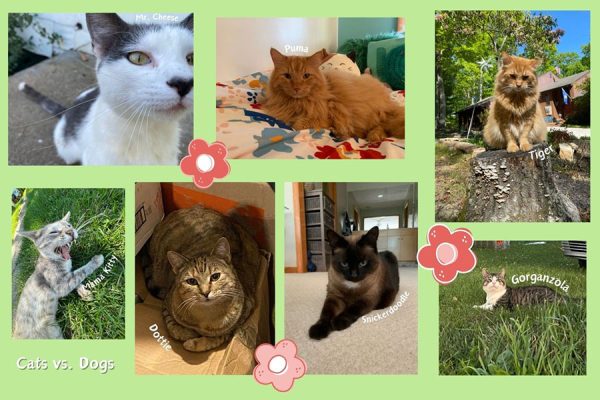
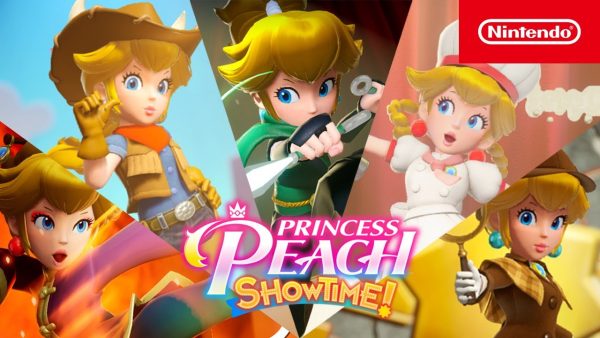


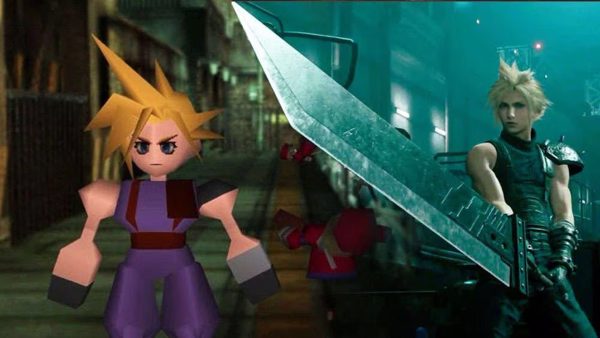
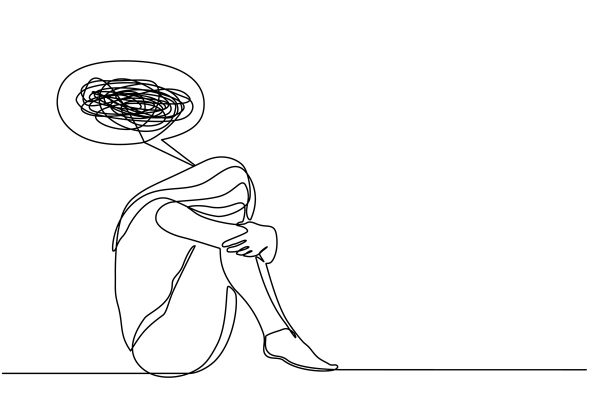
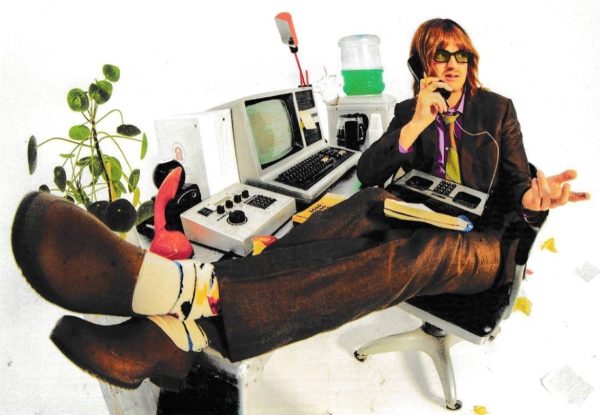
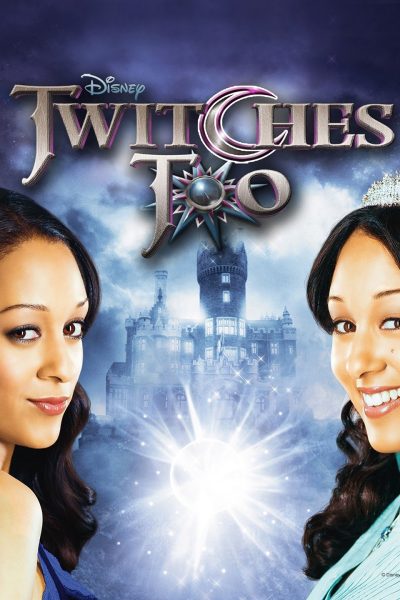
Mr David Guy-Johnson • Jan 31, 2023 at 2:14 am
They are mocked because they constantly advertise their “different life style/interests” instead of just getting on with it. Just as Vegan is becoming a perjorative term, not because there is anything wrong with it but because too many vegans continually preach about their superiority
Ron Foxx • May 29, 2022 at 4:19 pm
Two words: Pretentious, Insincere. Never once met a “hipster” who was anything approaching “cool”. You can’t buy your way into cool… you’ve got it or you don’t.
jek porkins • Oct 17, 2019 at 2:33 am
society mocks people with unusual style because they suddenly become arrogant, like they begin to feel superior to everyone else and try to “convert” others to their cause, that’s why society (aka normal people) mocks them, because they are annoying
if they just kept to themselves and never bothered anyone, normal people wouldn’t mock them
gridsleep • Nov 10, 2021 at 4:35 pm
There are no normal people. Everyone has their own weirdness. Yours apparently is passive aggressive superiousness.